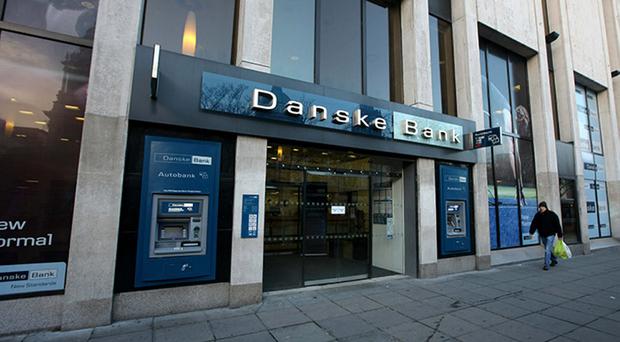
Denmark’s biggest lender Danske Bank will slash 1,600 jobs as part of its ongoing effort to save money amid spiralling compliance costs and long-term negative interest rates.
Danske Bank is to cut 7% of jobs as it tries to reduce costs to deal with the aftermath of a vast money-laundering scandal and the impact of negative interest rates.

Access deeper industry intelligence
Experience unmatched clarity with a single platform that combines unique data, AI, and human expertise.
Danske at present employs about 22,000 people – half of whom are in Denmark – up from 20,000 in 2017.
Employees in most departments in its domestic market will be offered voluntary redundancy up until the end of October. The lender already has a hiring freeze in place.
Structural changes needed “to remain competitive”
Chief executive Chris Vogelzang said:
“It is never easy to reduce the number of colleagues, and we will do our best to ensure that we do this in the most decent and respectful way.

US Tariffs are shifting - will you react or anticipate?
Don’t let policy changes catch you off guard. Stay proactive with real-time data and expert analysis.
By GlobalData“However, we need to adapt to the structural changes that the financial sector is experiencing, and to remain competitive in a low-margin and highly competitive market, we simply have to reduce our costs.”
Danske is facing up to the long-term consequences of a €200bn money-laundering scandal and almost a decade of negative interest rates.
Results of money laundering probe pending
The Danish bank is still waiting for news from a US criminal investigation into dirty money at its former Estonian branch and has significantly increased its compliance costs to deal with the fallout.
Denmark’s main monetary policy rate has been below zero for nearly all of the past eight years, causing a drag on banks’ profitability.
But Danske’s attempts to move on have been hampered by a series of smaller scandals, most recently one where it admitted collecting too much debt from more than 100,000 customers.
This has led to significant criticism from politicians and scrutiny from Denmark’s financial regulator.







